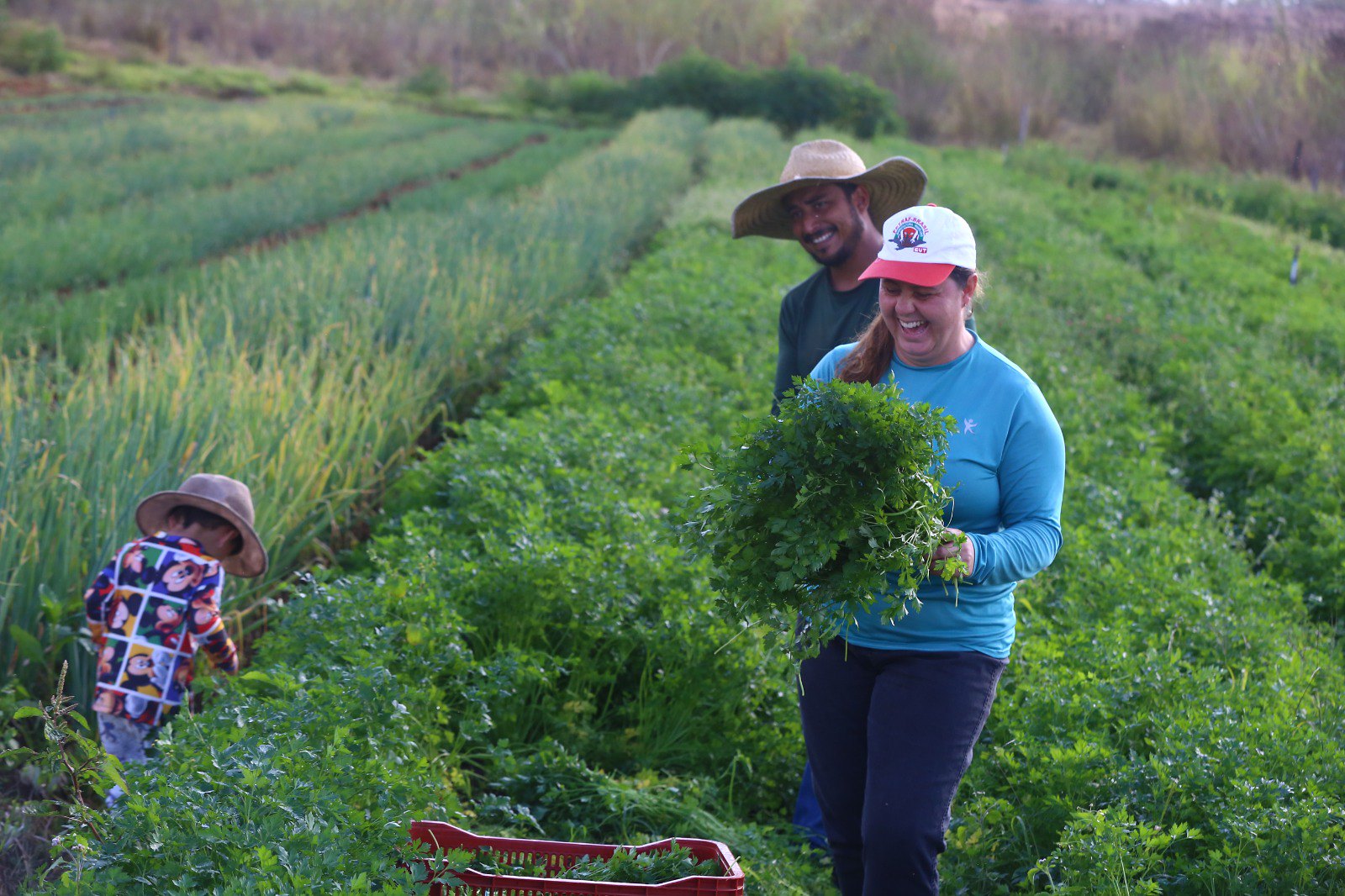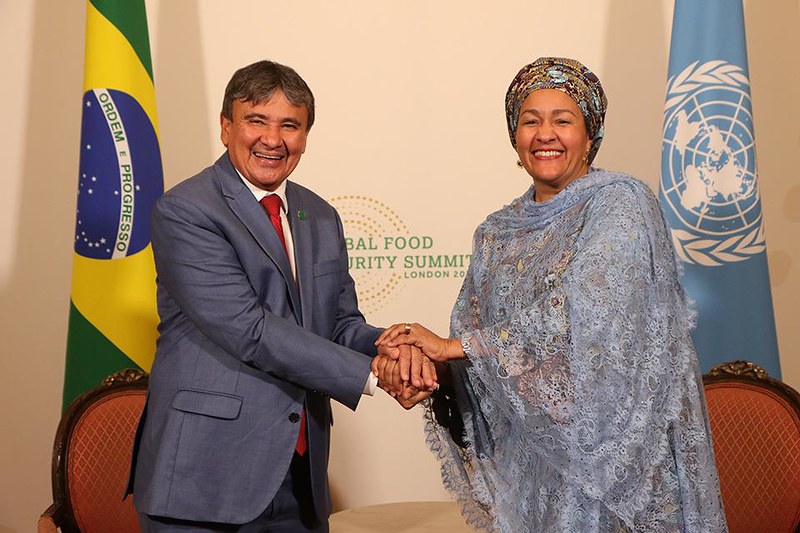Global Alliance against Hunger and Poverty is Brasil's priority at G20 presidency
The right to food and to living with dignity in all countries is at the center of the Brazilian G20 presidency’s proposals for the group that brings together the world’s largest economies. In Brasil, the Ministry of Development and Social Assistance, Family and the Fight Against Hunger is coordinating efforts towards establishing the Alliance

Upon receiving the wooden gavel that symbolizes the temporary presidency of the G20—in September 2023, in New Delhi—Brasil’s President Luiz Inácio Lula da Silva made clear what his main missions would be. Until November 30, 2024, alongside tackling climate change and reforming international governance, the great challenge is to fight hunger and poverty.
The social agenda at the helm of the group that convenes the world’s largest economies coincides with one of President Lula's greatest commitments: to ensure that all citizens are able to feed themselves well and live with dignity. At the G20, the proposal is for a Global Alliance against Hunger and Poverty to be articulated throughout the year, and launched at the Summit of Heads of State and Government to be held in Rio de Janeiro in November 2024.
“We hope to count on the support and engagement of all of you to build a world that is increasingly less unequal and more fraternal—and we truly recognize ourselves as a big family which leaves no one behind,” said Lula at the G20 Summit.
As an example of Brasil’s recognized experience in this regard, the president highlighted the Brasil Without Hunger Plan (Plano Brasil Sem Fome)—an initiative led by its Ministry of Development and Social Assistance, Family and the Fight Against Hunger (Ministério do Desenvolvimento e Assistência Social, Família e Combate à Fome/MDS) to mitigate food and nutritional insecurity. This is the result of articulation between public authorities, civil society and the private sector, integrating 80 actions and programs from the 24 Brazilian ministries that make up the Interministerial Chamber of Food and Nutritional Security (Câmara Interministerial de Segurança Alimentar e Nutricional/Caisan).
International partnerships

MDS Minister Wellington Dias has embraced the commitment made with the G20, and articulated partnerships with other countries around the Global Alliance against Hunger and Poverty. In October, Dias took part in the Committee on World Food Security in Rome, and emphasized the importance of joining forces to eradicate hunger in the world.
“We want, with this global alliance, to provide political support and impetus, financial resources and technical cooperation to support the direct implementation of proven successful policies in each country that wants to participate. The Global Alliance against Hunger and Poverty is the way for us to work together and focus on overcoming this challenge,” said the minister at the time.
Wellington Dias also mentioned that, although the proposal is being prepared during the Brazilian G20 presidency, the initiative will be open to all countries willing to implement or strengthen social programs that are proven to be effective in fighting hunger.
The Global Alliance was also the center of the minister's speech during the Global Food Security Summit in London last November. Dias expressed his dismay at the alarming increase in malnutrition and food insecurity in Brasil, but also highlighted the government's commitment to changing this scenario; to supporting this cause globally; and to helping reverse the worrying post-pandemic trend of increasing hunger and poverty.
The Alliance will be the result of a joint effort by governments, international organizations and multilateral funds to combat food insecurity and poverty around the world. The proposal will take advantage of available experience and resources to put in place effective public policies and programs regarding urgent issues.
In this process, Minister Wellington Dias has received representatives from different countries to present national food security and social protection policies, as well as efforts around the Global Alliance against Hunger and Poverty task force. This December, Syrian Arab Republic Ambassador Rania Al Haj Ali and a delegation from India—led by Sherpa Amitabh Kant—visited the MDS in Brasília.
Overcoming alarming data
Among the 17 Sustainable Development Goals (SDGs) established by the United Nations for the 2030 Agenda, the first two refer to the eradication of poverty and to zero hunger. However, the world has seen an alarming increase in the number of people who do not eat adequately: 750 million people are going hungry, and 2.4 billion were living in a situation of moderate or severe food insecurity until 2022.
In view of this, countries that join the Global Alliance will commit to implementing concrete policies and forming a network to disseminate effective practices and knowledge. The objective will be to accelerate the consistent implementation of large-scale programs at the national level, with policies adapted to the realities of each country, in initiatives such as conditional income transfer, professional qualification, support for family farming, school meals and adaptive social protection.
The idea is that a wide variety of global and regional funds, government sources and private donors support the countries that make up the Global Alliance in their national commitments, prioritizing the poorest. Qualified organizations and knowledge centers will promote technical assistance and sharing of good practices among members.
Special reports produced by international organizations should be presented at the first virtual meeting of the task force, scheduled for February 2024. The group will meet in person in Brasília, in March, and in Teresina, in May, before the ministerial meeting to take place in July, in Rio de Janeiro. The Global Alliance will be launched in November next year, at the G20 Summit, also in Rio de Janeiro.
Content in partnership with the Communication Advisory - MDS.